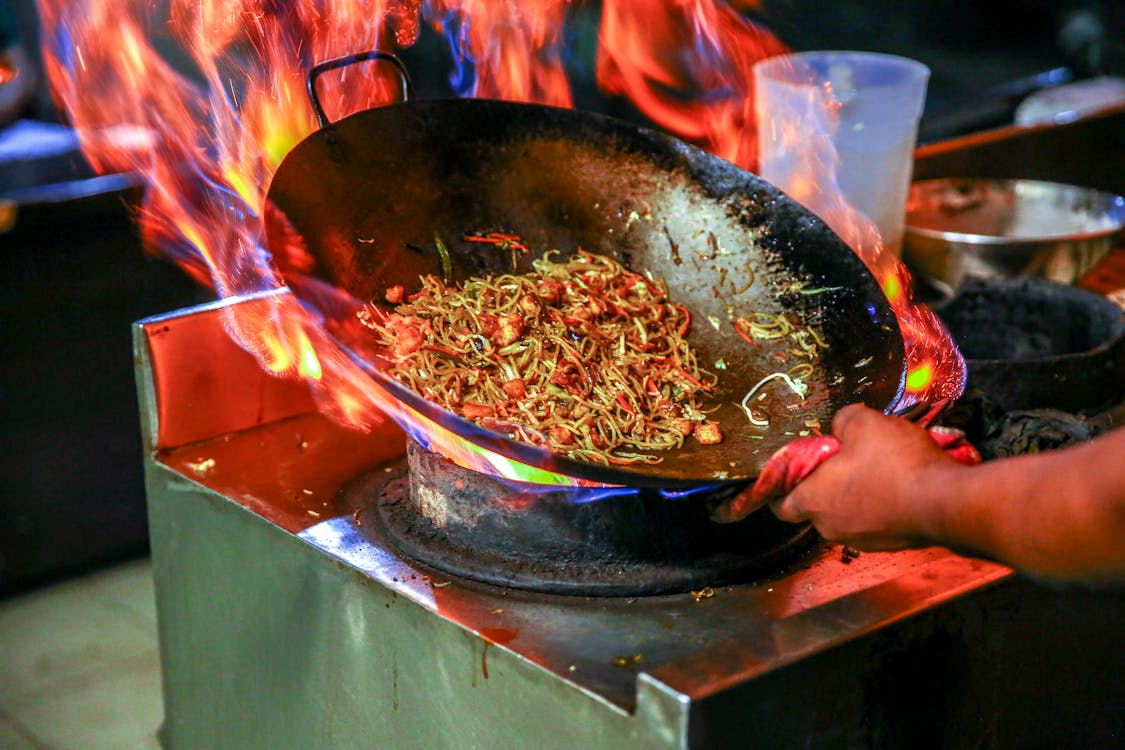Storing fresh food is tough, especially when you buy products for a couple of weeks at a time and need them to last. To keep fresh food safe, it’s important to use proper techniques that stretch your dollar and keep your food healthy.
Are you wondering how to store fresh food? Here are all the tips and ways to store food that you need for a full and safe refrigerator!
Table of Contents
Fruits and Vegetables
Some types of fruit and vegetables release a gas called ethylene, which causes other fruits and vegetables to ripen more quickly. For that reason, keep fruits and vegetables separate and make sure potatoes are far away from onions, which can make them sprout too early.
Knowing which produce to put in the refrigerator is also important to make sure it lasts as long as possible. For example, tomatoes don’t need to be refrigerated and potatoes will last much longer in cool dark places like inside a pantry or in a brown paper bag.
For leafy greens, it’s best to keep them in a moist paper towel. However, you don’t always want to prewash things like carrots because it can make them go bad faster.
Herbs need fresh water to stand the test of time. Once you get them home, place them stem down in a little bit of fresh water. Change it out periodically. Use the same method to liven up thirsty and dull celery!
Dairy Products
Keeping track of when you open dairy products and storing them properly is crucial to keeping them fresh. When you buy a gallon of milk, for example, write the day you opened it on it and keep track of the best by or sell-by date.
Wrap hard cheeses tightly once they’ve been opened to prevent the growth of mold and bacteria.
Meat Items
Keep meat items in the container it came in, tightly wrapped, in the coldest spot in the fridge. Ideally, keep it in its own drawer or at the very bottom of the fridge to prevent contamination with other items. Refrigeration is the most important part of keeping your raw meat safe to eat.
Don’t eat meat after its use by date, that’s too risky for something as dangerous as raw meat. Instead, cook your meat ahead of time and store it in the fridge for just a couple of days.
Leftovers
Try to cool any leftovers within two hours of cooking and get them into the refrigerator.
For storing, you’ll need to keep them in an airtight glass or Tupperware container. You want your leftovers to retain their moisture, but you want to keep bacteria out.
Typically, you don’t want to eat anything after it’s been stored for 4 or more days. Use a label maker or a wipe away marker to keep track of when you store leftovers.
Storing Fresh Foods
Keeping fresh food fresh isn’t too difficult, it just takes a little planning ahead. To ensure your food stays fresh, use these tips right when you get home from the grocery store!
For more on lifestyle and home, check out the rest of our blog posts.



/__opt__aboutcom__coeus__resources__content_migration__serious_eats__seriouseats.com__2019__06__20190524-pistachio-paste-vicky-wasik-8-1500x1125-f8bf41daed554eb2934a7b250dd2bc1e.jpg)